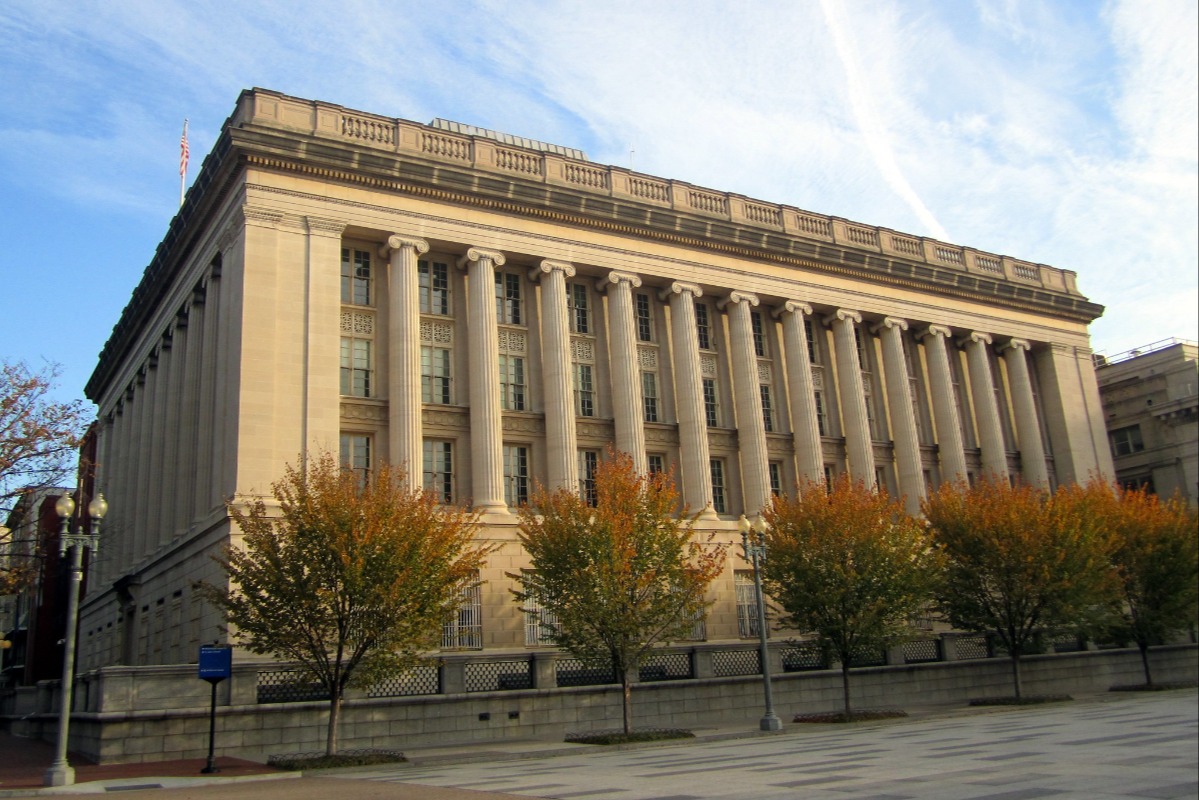Did Israelis Just Vote to End the Two-state Solution?
Editor’s Note: This article originally appeared on Order from Chaos.

Published by The Lawfare Institute
in Cooperation With

Editor’s Note: This article originally appeared on Order from Chaos.
Israelis have just voted in what in many ways were vibrant democratic elections. Indeed, Americans could learn a lot from Israel when it comes to democracy: Israelis are automatically registered to vote, they get the day off to vote, and they get free intercity transportation to vote if they need it.
That’s the good news, and I wish we had all that here in America. But there’s also bad news. As the saying goes, bad things often come in threes—and that has certainly been true here.
First, the way the campaign was conducted: Israel’s long-time Prime Minister Benjamin Netanyahu, who is desperate to cling to power to avoid punishment for impending indictments on multiple counts, undertook a campaign that crossed multiple red lines that have alienated even his traditional supporters in the United States like AIPAC. Netanyahu not only built an alliance between his Likud party with a coalition that includes the ultra-racist Otzma Yehudit party, which draws inspiration from terrorist groups, but declared the coalition Likud’s single closest ally, forging a vote-sharing agreement with them to share surplus votes. Although Otzma Yehudit won’t actually end up with a seat in the Knesset—unless a couple of members of its alliance resign from the Knesset—their ultra-right-wing coalition bedfellows in Tkuma and the Jewish Home Party will likely form a core part of Netanyahu’s government.
Second, as if that weren’t bad enough, Netanyahu also effectively declared an end to the two-state paradigm that has undergirded the U.S.-supported Oslo peace process for the past quarter of a century by declaring: “All the settlements, without exception, those that are in blocs and those that aren’t, need to remain under Israeli sovereignty.” Although it may just be campaign sloganeering, we all need to be clear that Israeli sovereignty over all the Israeli settlements would make it impossible to create a Palestinian state.
Third, even if Netanyahu is not able to form a coalition government in Israel, none of his main opponents have said they would reverse the ever-expanding Israeli settlements in the West Bank, which are a growing threat to the prospects for Israeli-Palestinian peace. Even without annexation this year, the growth of settlements make annexation all the more likely. Since the Oslo Accords were signed on the White House lawn in 1993, the number of Israeli settlers in the West Bank alone has more than tripled, from 116,000 to over 413,000 in 2017. Further, as Secretary of State John Kerry stated at the end of his tenure, this included “100,000 just since 2009 when President Obama’s term began.” Kerry added: “Nearly 90,000 settlers are living east of the separation barrier that was created by Israel itself. In the middle of what, by any reasonable definition, would be the future Palestinian state. And the population of these distant settlements has grown by 20,000 just since 2009.” In other words, the difficulty of separation—and the likelihood of annexation—is growing stronger day by day.
Indeed, undergirding the right-wing rhetoric in the election campaign was the fact that the number of Israeli settlers in the West Bank is now reaching a tipping point whereby it may be too painful to evacuate them to make room for a Palestinian state. And when Israelis and Palestinians come to terms with the fact that as Netanyahu says “no settler [will be] uprooted,” the prospects for a Palestinian state will have collapsed. That will mean that Jews and Palestinians will be living in adjacent communities in the West Bank controlled by Israel where Jews have the right to vote in Israeli elections and Palestinians do not.
And whatever word one wants to use to describe this situation, it is entirely intolerable in the 21st century. Americans should all agree that it is also totally inconsistent with American values. This is not some far-off scenario. We are indeed on the precipice of a moment where, as the two-state solution collapses, Palestinians in the West Bank will need to be extended citizenship and the right to vote in Israel—complete with automatic registration, the day off, and inter-city transportation! And as Americans, who have learned to live together in an albeit imperfect melting point, who are we to object? As longtime peacemaker Dennis Ross just wrote, ultimately Americans won’t object.
There are still a few brief moments to prevent what increasingly seems like an inevitable outcome. And that’s where America has a role to play. If we had the vision and the courage, we could today boldly declare: a commitment to two states based on the 1967 lines with lands of equal size swapped; that Jerusalem will be a shared city; that Israeli settlements in the West Bank can no longer be expanded; and that Israeli settlers on the Palestinian side of the barrier will soon need to be evacuated to make room for the Palestinian state.
But of course President Trump won’t do that—indeed, he’s already said that the Israeli election results mean a “better chance for peace.” He’s moving in the opposite direction. He has recognized the Israeli attachment to Jerusalem without also recognizing the Palestinian attachment. He has closed the Palestinian office in Washington and the U.S. consulate in Jerusalem that once engaged them. And he has recognized the Israeli annexation of the Syrian Golan Heights, sending the signal—to Israelis and Palestinians—that the United States could very well recognize Israeli annexation of parts or even all of the West Bank.
That’s where we come back not only to the Israeli elections but elections in America as well. If Netanyahu forms a government and annexes even parts of the West Bank, the only thing that will be able to bring two-state solution back from the dead is the election of a new American president in 2020. This president would need to firmly state and prioritize the swift implementation of a two-state solution, where the state of Israel and a newly created state of Palestine live side-by-side in peace and security, prosperity and dignity. But even if all or part of the West Bank is not imminently annexed, time is not the friend of those who dream of a two-state solution. Instead, time is the enemy, an enemy that can only be countered by a bold new approach that tenaciously and tangibly works for the on-the-ground and swift implementation of two states. Some Democrats—candidates for the presidency and not—seem to have at least in part gotten the message. Let’s just hope that the 2020 U.S. elections are not too late to bring the two-state solution back to life.





